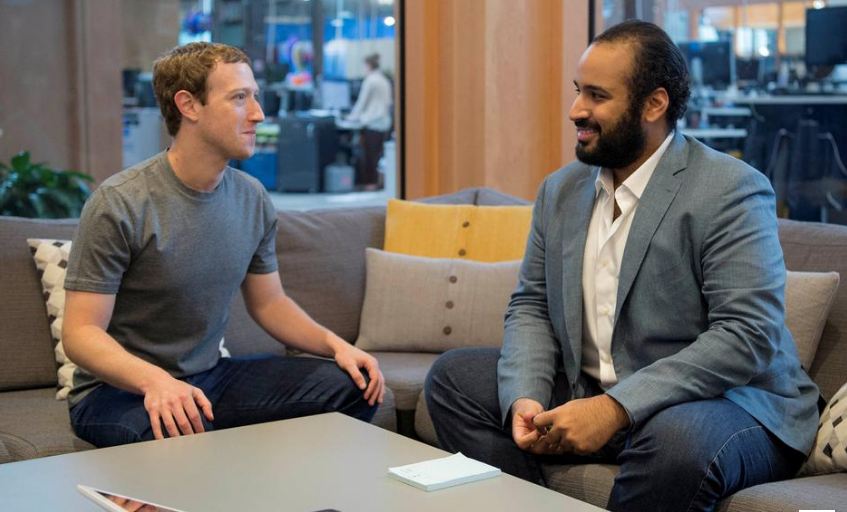Alwaght- Facebook says it has dismantled a network of fake accounts and pages connected to the Saudi regime with aim of promoting state propaganda and attacking regional rivals.
The social media giant said on Thursday it had suspended more than 350 accounts and pages with about 1.4 million followers, the latest takedown in an ongoing effort to combat “coordinated inauthentic behavior” on its platform, and the first such activity it has linked to the Saudi regime.
Facebook announces takedowns of “inauthentic behavior” as often as multiple times a month, but statements that directly link such behavior to a government are rare.
“For this operation, our investigators were able to confirm that the individuals behind this are associated with the government of Saudi Arabia,” said Nathaniel Gleicher, Facebook’s head of cybersecurity policy.
“Anytime we have a link between an information operation and a government, that’s significant and people should be aware.”
Facebook also said on Thursday it had suspended a separate network of more than 350 accounts linked to marketing firms in Egypt and the United Arab Emirates. In that case it did not directly link the activity to a government.
“WOUNDED SOLDIER”
Gleicher said the Saudi campaign operated on Facebook and its Instagram photo-sharing platform, primarily targeting countries in the Middle East and North Africa, including Qatar, the UAE, Egypt Palestine.
The operation used fake accounts posing as those countries’ citizens and pages designed to look like local news outlets. More than $100,000 was spent on advertisements, Facebook said.
“They would typically post in Arabic about regional news and political issues. They would talk about things like Crown Prince Mohammed bin Salman - his internal and economic social reform plan, the successes of the Saudi armed forces, particularly during the conflict in Yemen,” said Gleicher.
Andy Carvin, senior fellow at the Atlantic Council’s Digital Forensics Lab, which worked with Facebook to analyze the Saudi campaign, said some of the accounts dated back to early 2014 but the majority had been created in the last two years.
More than 90% of the content was in Arabic, Carvin said, with some of the accounts “essentially operating as fan pages for the Saudi government and military.”
A copy of one of the Saudi posts released by Facebook on Thursday showed the crown prince kissing the bandaged head of a patient in a hospital bed. The Arabic caption reads: “His Royal Highness Prince Mohammed bin Salman kisses the head of a wounded soldier.”



























